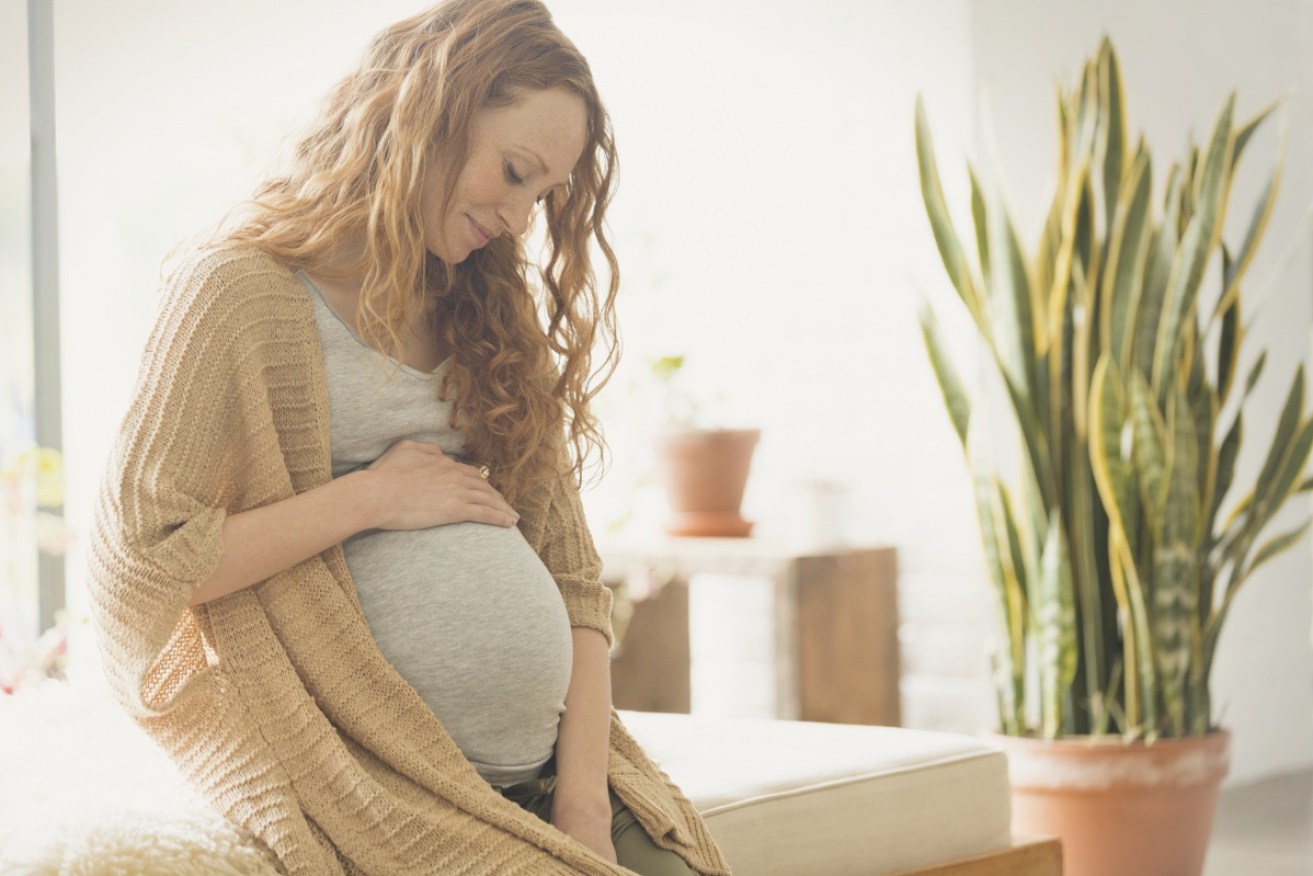Multivitamins during pregnancy may reduce baby’s risk of autism: study


Multivitamins could help reduce the chances of a child developing autism. Photo: Getty
Mothers who take multivitamins during early pregnancy may reduce the risk of their children developing autism, according to new research.
Following about 270,000 UK mothers and their babies across 10 years, the British Medical Journal study found that children were about half as likely to develop autism compared to those whose mothers took none.
Meanwhile, when researchers examined intake of iron and folic acid alone there was no consistent evidence that their use was associated with a reduced risk of autism.
These are both widely recommended to pregnant women to help prevent serious birth defects of the spinal cord and brain, in addition to a balanced diet to ensure a mother-to-be receives the vitamins and minerals she needs during pregnancy.

Multivitamins could help reduce the chances of your child developing autism. Photo: Getty
Accredited dietitian and nutritionist Melanie McGrice told The New Daily she already advises women who are either pregnant or trying to conceive to take multivitamins.
“I certainly recommend women take multivitamins during pregnancy and prior to conception,’ she said.
“Not in lieu of a healthy diet, but in conjunction with a nutritional diet as it’s very difficult for women to meet all nutritional requirements during pregnancy.”
Ms McGrice said vitamins taken during pregnancy can reduce the likelihood of the baby developing a wide range of medical conditions including spina bifida, allergies, risk of a miscarriage and possible impact to the child’s intelligence.
“Even if it’s only a small impact, optimising your diet in the lead up to the pregnancy would provide many other benefits, it wouldn’t do any harm,” she said.
But Professor Anthony Hannan, a Florey Institute neuroscientist with a research interest in autism, said one study alone would not suggest women should be taking multivitamins.
“The current evidence-based guidelines from the NHMRC (National Health and Medical Research Council) are focused on maintaining a healthy, balanced diet in terms of the food you eat,” he said.
“Child health outcomes can be the result of many factors including stress levels, sleep patterns and exercise.”
Amaze chief executive officer Fiona Sharkie said the Victorian peak autism body was aware of some medications or treatments having been promoted to “effectively prey on the vulnerability of parents”, despite having no evidence base.
“We don’t know what causes autism, it is a complex neurological condition and is highly likely that we never will know,” she told The New Daily.
“It’s important that we recognise this research hasn’t determined a causal link and we’d be concerned about it giving rise to pregnant women believing they should take vitamin supplements to prevent their child developing autism.”








